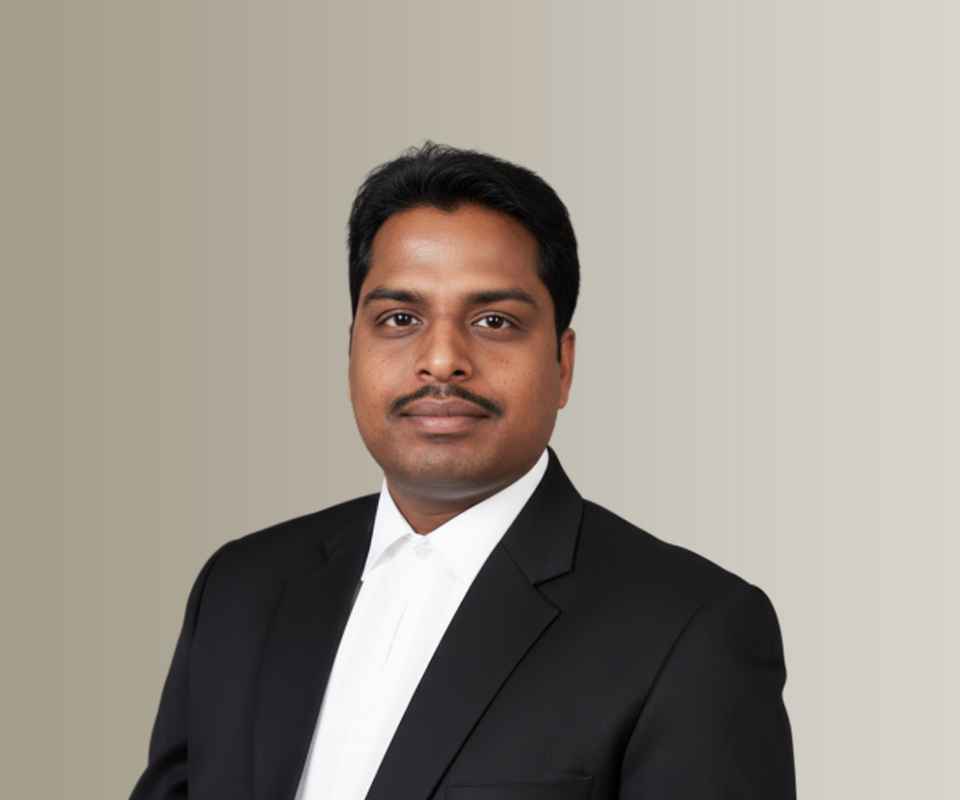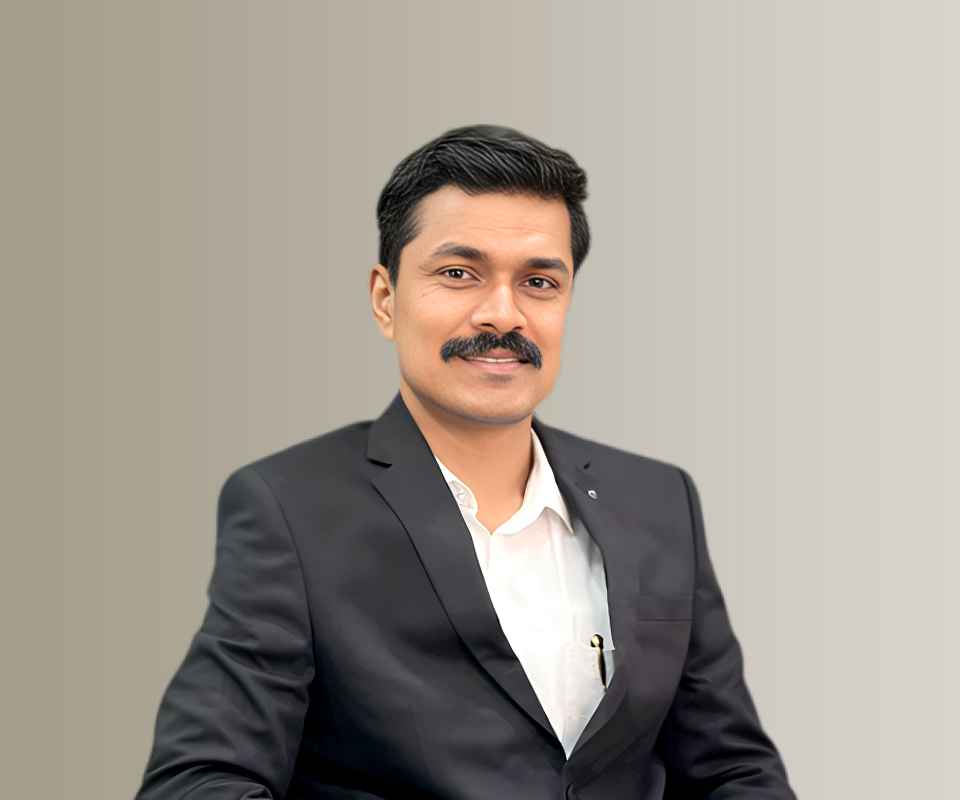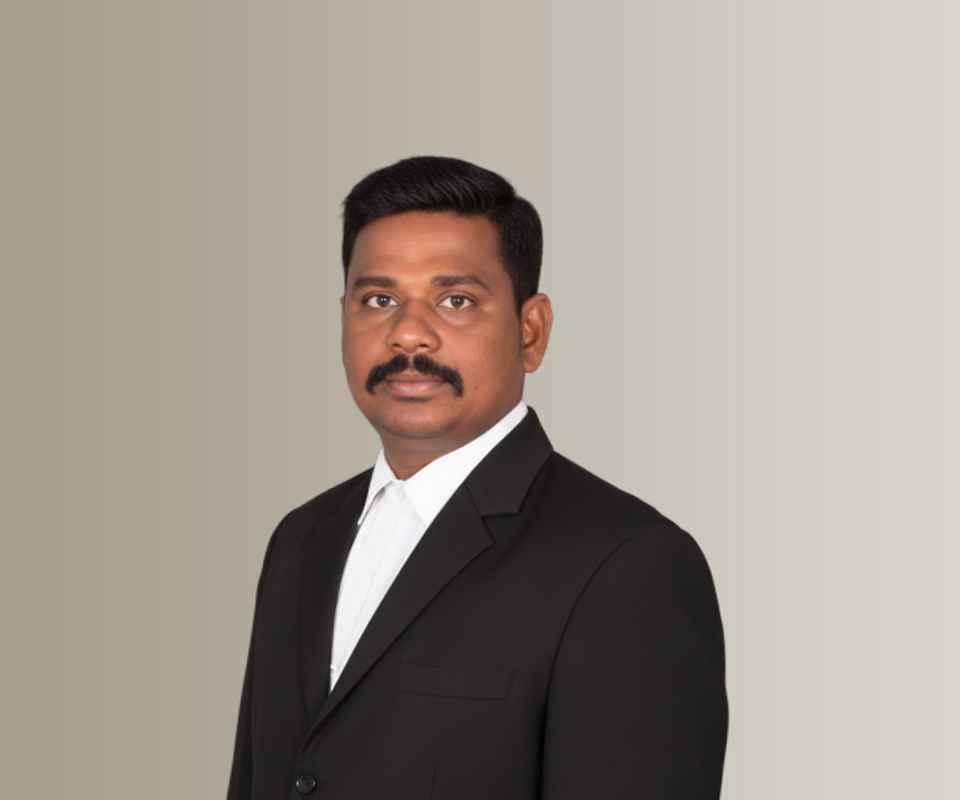Answer By law4u team
Constitution Of India Article 87: Special Address by the President
(1) At the commencement of {2}the first session after each general election to the House of the People and at the commencement of the first session of each year, the President shall address both Houses of Parliament assembled together and inform Parliament of the causes of its summons.
(2) Provision shall be made by the rules regulating the procedure of either House for the allotment of time for discussion of the matters referred to in such address{3***}.
Note
2. Subs. by the Constitution (First Amendment) Act, 1951, s. 7, for every session (w.e.f. 18-6-1951).
3. The words and for the precedence of such discussion over other business of the House omitted by s. 7, ibid. (w.e.f. 18-6-1951).
Brief Detail
Article 87 mandates the President of India to address both Houses of Parliament at the beginning of the first session after each general election and at the start of every subsequent year. The address informs Parliament about the reasons for calling the session. It also allows for discussions on the matters raised during the address.
Question & Answers
What does Article 87 require the President to do at the commencement of a session?
The President must address both Houses of Parliament and inform them of the causes for the session.
What provision is made for the discussion of matters raised in the President's address?
Rules regulating the procedure of each House will determine the time for discussing the matters mentioned in the President's address.
Example
For instance, after a general election, the President's address may outline the government’s priorities, and Parliament will be allotted time to discuss these issues in detail.
Summary
Article 87 ensures that the President addresses Parliament at the beginning of key sessions, particularly after general elections, to inform members of the session's purpose and facilitates the discussion of these matters.







